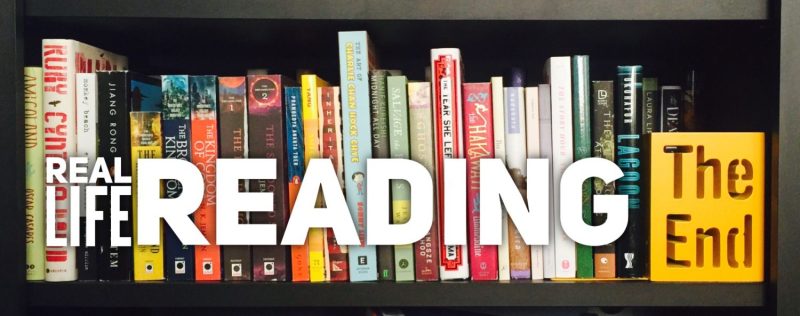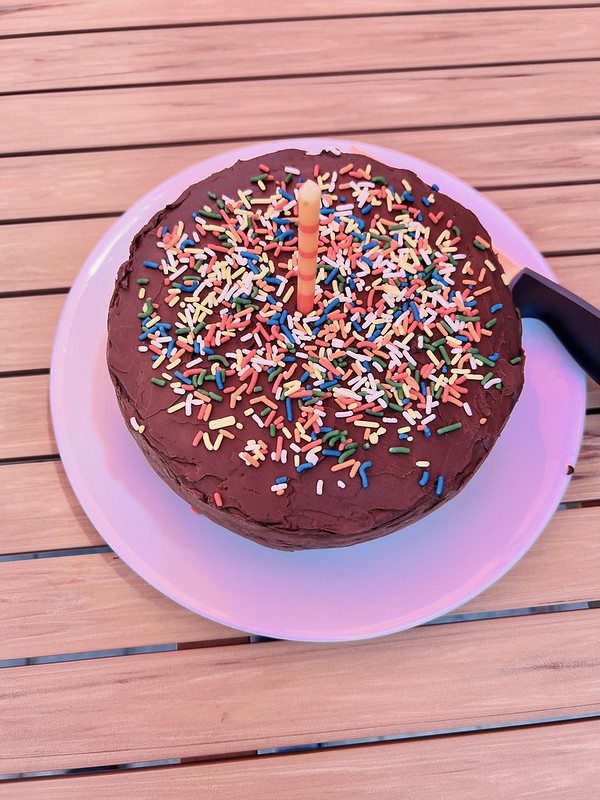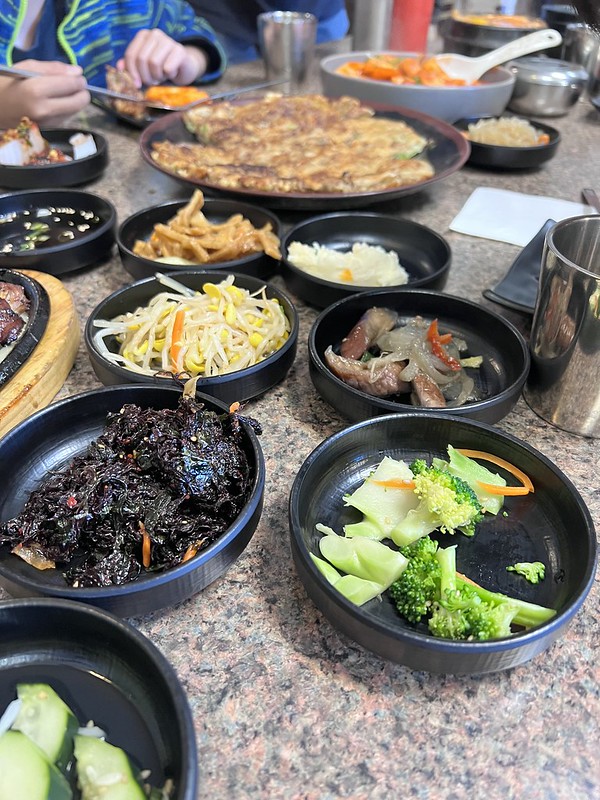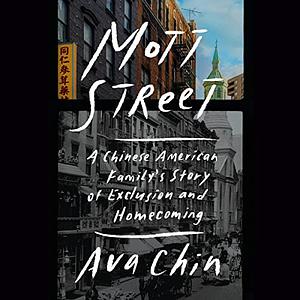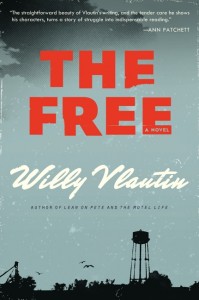
There are some books that make you feel light as a feather, carefree as a little kid, in a world full of sprinkles, bubbles and teddy bears.
This book is not one of them.
The Free is a quiet book, a book in which sad things happen to regular people, people who probably walk those streets out there, in the suburbs, in the towns, who work hard to make it to another day, who slog through two jobs, who buy cans of chicken noodle soup from your local supermarket, who live, who dream, who hope.
Leroy Kervin has been living at the group home for disabled men ever since a roadside bomb destroyed the vehicle he was in, six months after his National Guard brigade was sent to Iraq.
“The life he’d known before the bomb no longer existed. That Leroy Kervin had vanished.”
But he wakes one night, with absolute clarity, memories flooding through him. And he panics:
“The fear of that would engulf him and when the fear passed, the fog would again come and he wouldn’t be able to remember anything. It would just start over. Was this all his life was?”
He decides to kill himself.
He throws himself off the stairs, waking the night watchman, Freddie, who calls 911.
“He’d always liked Leroy. For a man who couldn’t speak, whose brain had been caved in by war, he had personality. He liked Cap’n Crunch and would watch the science fiction channel for days on end. He had never picked a fight or become violent towards the other residents. He would fall into fits of despair when he refused to leave his bed, but who wouldn’t? And there were times, dozens of them, in the two years that Freddie had been there, when Leroy would wake him in the middle of the night. He would pull Freddie to the back door and knock on it. Freddie would find the key, unlock it, and they would go outside and look at the stars. Leroy would move around the small lawn like an old man, his head back, staring at the faraway galaxies.”
Freddie is one hard worker. After his night shift, which ends at six, he heads out to his second job at the paint store, always stopping to pick up doughnuts first. Freddie is up to his eyeballs in bills (his daughter has dysplasia and required multiple surgeries), his house has been mortgaged twice, there’s no heat, no garbage service, and he’s close to losing the electricity too. His wife has left him, and taken his two daughters to another state to live with her new fellow. And despite his crappy jobs and his money troubles, he takes the time to visit Leroy at the hospital every day.
One of Leroy’s nurses is Pauline:
“From a distance she had a pretty face. It was only close up that the lines around her eyes and lips and the scars from acne appeared. She looked tired.”
Pauline takes the time to chat with her patients, and after her shift ends at 11pm, heads to her father’s place to check on him. She has a kind of love-hate relationship with him, she feeds him, cleans up his place, and gets him to turn on the heat and take a shower, and makes him get out for some exercise. Her mother left when she was little, leaving her in the care of a mentally unstable father.
One of Pauline’s patients is a homeless teenager named Jo, who has abscesses on her legs, who reminds Pauline of herself at that age, “alone and voiceless and unwanted and worthless”.
We hear from Leroy mostly through his SF-like dreams which are his escape from the pain and from this world that he can no longer stand:
“He decided then that he would give up, that he would run his mind as far away as he could. He would lose himself inside himself. He would disappear from the world.”
It is a rather gloomy grey world that these three inhabit. A life of pain, physical and emotional. A lonely life, the people they love far away. A life of everyday struggles- paying the bills, making it to work, keeping one’s father fed and clean.
But there still exists that faint shade of hope. Freddie is devoted to his daughters, although they live in a different state and have little to say during their phone conversations. Pauline tries to bring some cheer to her patients’ days, especially Jo’s, bringing her cake from the cafeteria and chatting with her on her breaks. Leroy’s dreams, although dystopian, allow him to submerge himself in a fantasy world, where he is free from his pain.
A thoroughly engaging, very real read.
 Willy Vlautin is the author of four novels: The Motel Life, Northline, Lean on Pete, which won two Oregon Book Awards, and The Free. He is the singer and songwriter of the band Richmond Fontaine and lives in Scappoose, Oregon.
Willy Vlautin is the author of four novels: The Motel Life, Northline, Lean on Pete, which won two Oregon Book Awards, and The Free. He is the singer and songwriter of the band Richmond Fontaine and lives in Scappoose, Oregon.
Find out more about Willy at his website and connect with him on Facebook.
Click here to hear/download music that Willy made for the book, watch the trailer, and much more!

I received this book from the publisher and TLC Book Tours for review.
Check out the other tour stops
Tuesday, February 4th: Love at First Book
Wednesday, February 5th: Man of La Book
Thursday, February 6th: The House of the Seven Tails
Friday, February 7th: A Patchwork of Books
Monday, February 10th: Between the Covers
Tuesday, February 11th: Books Speak Volumes
Wednesday, February 12th: My Book Retreat
Thursday, February 13th: Anita Loves Books
Tuesday, February 18th: Sara’s Organized Chaos
Wednesday, February 19th: Mel’s Shelves
Thursday, February 20th: Olduvai Reads
Monday, February 24th: River City Reading
Tuesday, February 25th: The Feminist Texican [Reads]
Wednesday, February 26th: Bluestalking
Thursday, February 27th: Reading on a Rainy Day
Monday, March 3rd: Booksie’s Blog
Tuesday, March 4th: Sharon’s Garden of Book Reviews
